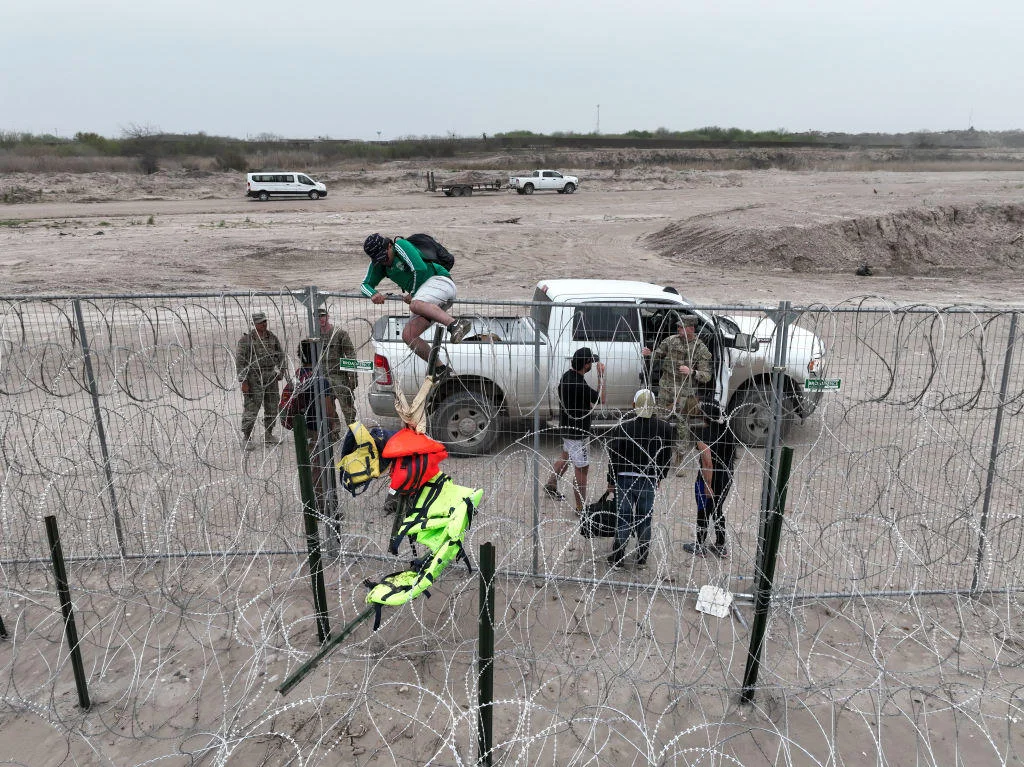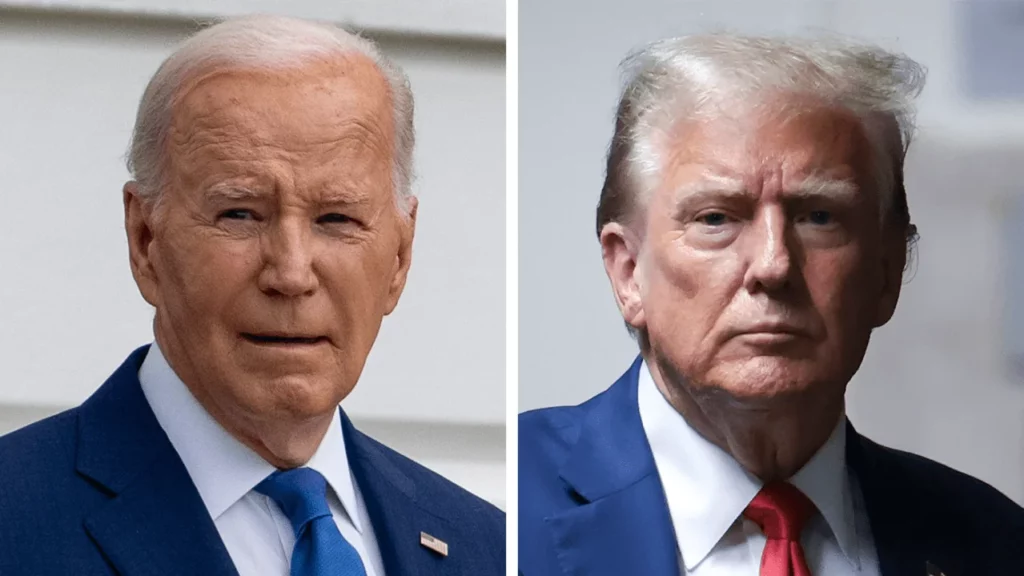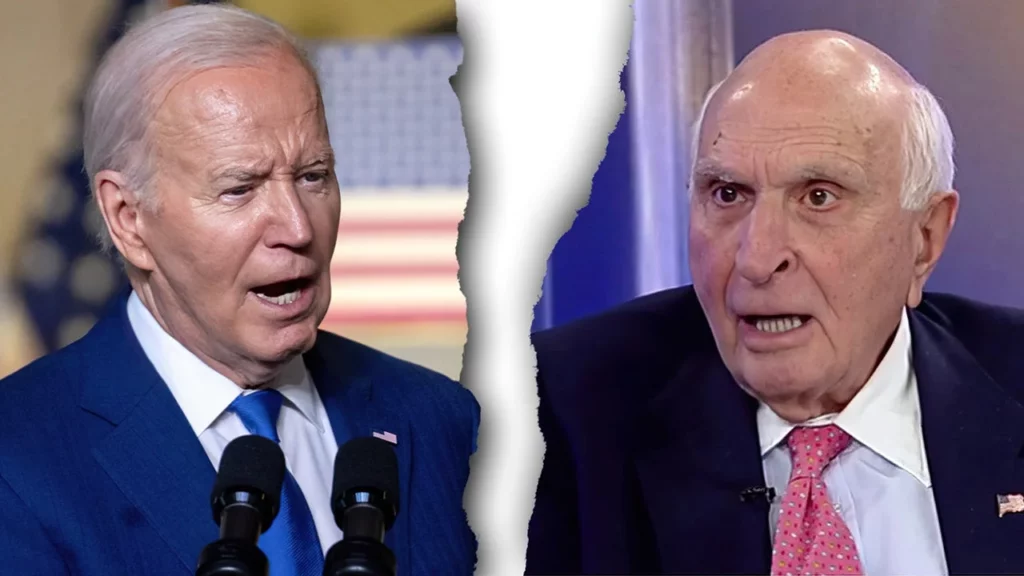Texas Immigration Law Halted by Judge’s Ruling
In a landmark ruling that reverberated across the nation, a federal judge in Austin, Texas, has issued a preliminary injunction against a controversial Texas law that sought to empower state officials with broad authority to arrest, detain, and prosecute migrants crossing into the U.S. illegally. The law, known as SB4, was challenged by the Justice Department and the American Civil Liberties Union for its potential to infringe on federal immigration enforcement and was set to take effect on March 5.
Judge Cites Constitutional Conflicts
Judge David Ezra’s 114-page order highlighted that the Constitution and Supreme Court precedents firmly establish immigration enforcement as a federal prerogative, rendering the Texas law in conflict with federal statutes. Ezra’s decision also dismantled the state’s argument that its authority to repel an ‘invasion’ justified SB4, clarifying that immigration surges do not meet the constitutional definition of an invasion. This ruling underscores the principle that states cannot override federal laws, a notion that has been consistently rejected by federal courts since the Civil War.
State’s Immediate Appeal
Following the ruling, Texas Governor Greg Abbott and Attorney General Ken Paxton quickly signaled their intention to appeal, asserting their commitment to defending the state against what they describe as a border crisis instigated by federal policy failures. The appeal is destined for the U.S. Court of Appeals for the 5th Circuit, with potential for the Supreme Court to ultimately decide on the law’s fate.
Implications of SB4
SB4 aimed to criminalize illegal crossings at the state level, a move that would have significantly expanded the scope of Texas law enforcement’s powers against migrants. Under SB4, unauthorized entry into Texas from Mexico would have been classified as a misdemeanor, with subsequent offenses escalating to felony charges. The law also proposed allowing Texas magistrates to issue orders for migrants to return to Mexico, an unprecedented state-level involvement in deportation proceedings.
Broader Context and Criticism
The blocked law has ignited a broader debate over states’ roles in immigration enforcement and the federal government’s responsibility to secure the border. Critics argue that SB4 could lead to racial profiling, strain public safety resources, and interfere with the federal government’s exclusive jurisdiction over immigration matters. The injunction against SB4 marks a critical juncture in the ongoing legal and political battles over immigration policy in the United States.






